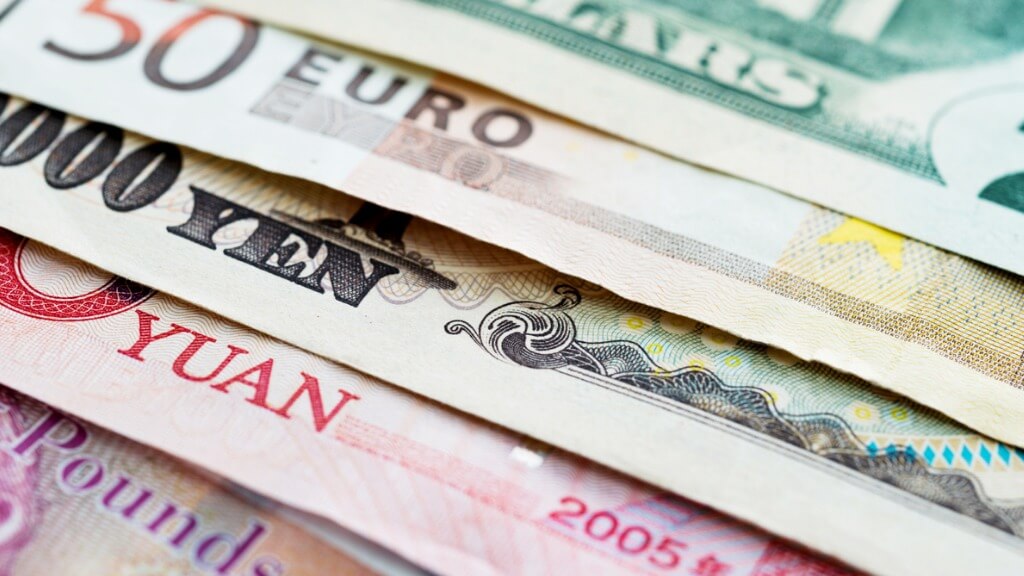
It’s hard to remember a time when currency exchange rates and the wider global economy enjoyed a period of sustained consistency. Ever since the Brexit vote and Donald Trump’s subsequent election in 2016, we’ve seen significant global instability, with this having being compounded by the recent coronavirus pandemic.
Of course, such volatility is known to drive fluctuating currency values, with forex trading directly influenced by macroeconomic factors such as interest rates, GDP growth and monetary policy.
While this is great news for seasoned investors and traders, however, it can have a detrimental impact on global business trade. We’ll explore this further below, while appraising the extent of this relationship in the modern age.
Currency Fluctuations and Business Trade - Understanding the Basics
To understand the relationship in detail, let’s take a look at the example that has been set by Brexit. After all, it’s well-known that some traders were able to profit significantly by short-selling the pound prior to the referendum vote, creating huge price volatility and unpredictability.
However, this also sent the pound plunging to a 31-year low in the wake of the referendum vote, creating significant issues for internationally-focused businesses who want to minimise costs and predict earnings successfully.
The same principle applies now; with the pound largely continuing on a downward trajectory against the US dollar under Boris Johnson’s premiership. This is largely due to the increased likelihood of a no-deal Brexit, which would undoubtedly cause huge economic disruption and send the GBP to brand new depths.
Once again, this is great news for experienced investors, but a nightmare for companies that hold cash in international and domestic currencies.
The reason for this is simple; as a weak pound makes it more expensive to import goods from overseas, the spending power of British-based customers also falls accordingly.
Conversely, it can be argued that a weak domestic currency makes exports more appealing to overseas customers, helping some firms that sell into international markets. We’ll explore this further below, but it’s not widely beneficial for the UK given that more than 80% of the nation’s economy is made up of services.
What Type of Trade is Most Affected by Currency Fluctuation?
For British firms that regularly buy large sums of foreign currency as part of its international operations, a weak pound means that companies will get considerably less value for money depending on the precise exchange rate.
However, this is arguably less impactful for larger brands, which may have the resources to buy foreign currencies in bulk at a time when the exchange rate is at its most beneficial.
In the case of small businesses with an international focus, however, the decline in currency can have a positive impact on their exports and worldwide sales.
As we’ve already touched on, this means that foreign customers can buy more of your products for a fixed amount of capital, creating an opportunity to bank more even as the domestic currency declines.
However, domestic companies that sell largely into the UK and are required to import goods and materials from overseas will suffer significantly as a result of fluctuating and declining currency rates.
Don’t forget, it’s also hard to negotiate trade arrangements and international deals amid significant currency fluctuations.
After all, both sides will want to secure a positive and beneficial deal, but it can be hard to determine the parameters and finalise precise financial terms if the exchange rate is constantly changing and being manipulated by seminal traders.
Thanks for signing up to Minutehack alerts.
Brilliant editorials heading your way soon.
Okay, Thanks!